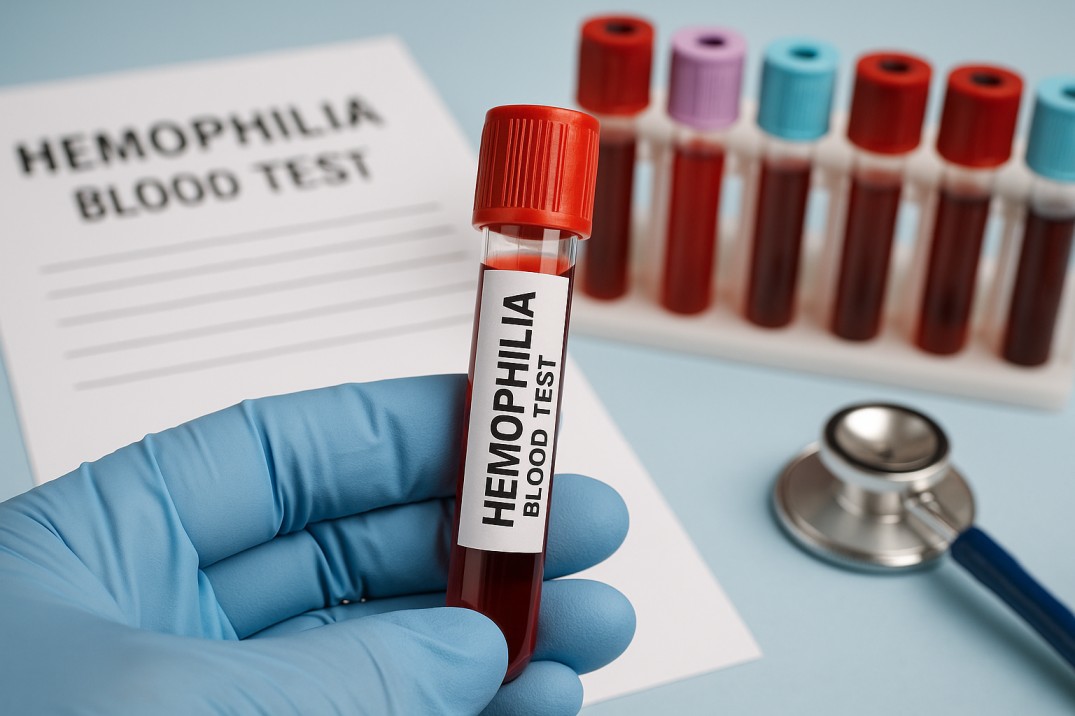The Medicines and Healthcare products Regulatory Agency (MHRA) has approved Marstacimab (Hympavzi), marking a major advancement in Marstacimab hemophilia treatment for patients aged 12 years and older, weighing at least 35 kg, with hemophilia A or B without inhibitors.
Understanding Hemophilia and the Need for Innovation
Hemophilia A and B are inherited bleeding disorders caused by deficiencies in clotting factors VIII and IX, respectively. Patients often suffer prolonged bleeding episodes, which can lead to joint damage and other complications. Traditionally, therapies require frequent intravenous infusions of clotting factor replacements. Therefore, there is a high demand for innovative and more convenient treatment options.
What Makes Marstacimab a Breakthrough Hemophilia Therapy
Marstacimab is a monoclonal antibody that inhibits tissue factor pathway inhibitor (TFPI). This action enhances thrombin generation, promoting blood clotting without the need for direct clotting factor replacement. Consequently, it offers a novel approach for patients living with hemophilia A or B.
Clinical Trial Evidence for Marstacimab Hemophilia Treatment
Approval was based on a Phase 3 clinical trial involving 116 patients with severe hemophilia A or B (without inhibitors). Participants transitioned from traditional factor therapies to Marstacimab treatment over 12 months. As a result, they experienced a significant reduction in annualized bleeding rates, confirming both efficacy and safety.
How the Treatment Works: Weekly Home Administration
Marstacimab is delivered via a once-weekly subcutaneous injection using a pre-filled pen or syringe. After initial training, patients or caregivers can administer the therapy at home. This format improves convenience and reduces reliance on hospital-based care.
Managing Side Effects of Marstacimab in Hemophilia Patients
In clinical trials, most patients tolerated the treatment well. Common side effects included mild injection site reactions, headaches, and itching. MHRA encourages patients and healthcare professionals to report adverse effects through the Yellow Card scheme to ensure ongoing safety monitoring.
Global Approvals of Marstacimab and What’s Next
Besides the UK, the U.S. Food and Drug Administration (FDA) approved Marstacimab in October 2024, followed by the European Medicines Agency (EMA) in November 2024. These global approvals highlight growing confidence in Marstacimab hemophilia treatment and its potential to improve quality of life for patients worldwide.
For more details, see the full announcements from the MHRA, FDA, and EMA.
Medical Disclaimer: This article is for informational purposes only and does not replace medical advice. Always consult your healthcare provider before starting new treatment.
Explore More :
https://innovatemed.org


